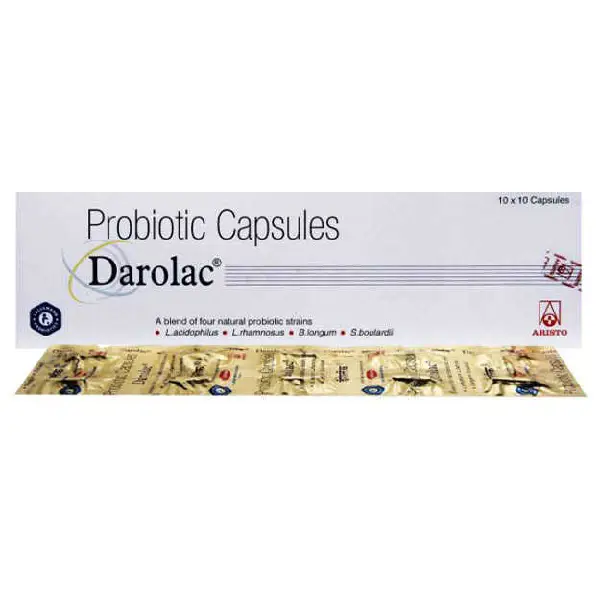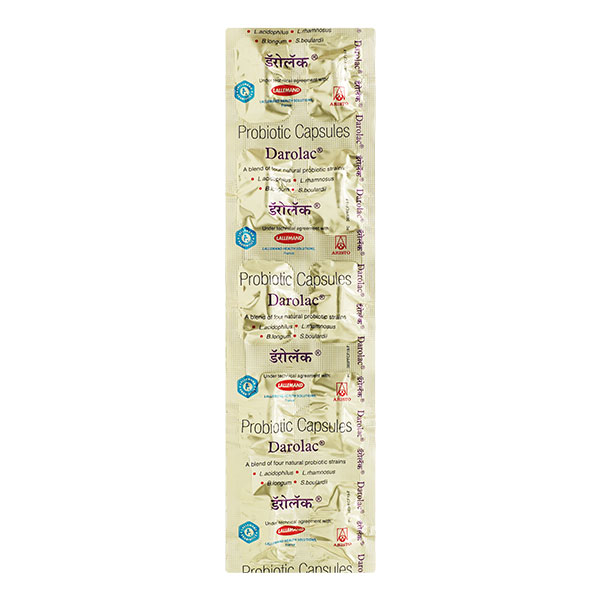🌿🦠✨ Prebiotics: Fueling Your Gut for Better Health
Prebiotics are naturally occurring, non-digestible food ingredients that promote the growth and activity of beneficial gut bacteria, primarily probiotics like Lactobacillus and Bifidobacterium. Unlike probiotics, which are live organisms, prebiotics act as the “food” for these healthy microbes, helping them thrive and maintain a balanced gut environment.
🧬 What Are Prebiotics?
Prebiotics are mostly complex carbohydrates or dietary fibers, such as:
-
Inulin
-
Fructooligosaccharides (FOS)
-
Galactooligosaccharides (GOS)
-
Lactulose
-
Resistant starch
These compounds resist digestion in the upper gastrointestinal tract and reach the colon intact, where they are fermented by gut bacteria to produce short-chain fatty acids (SCFAs) like butyrate, acetate, and propionate. These SCFAs provide energy to colon cells and have anti-inflammatory and immune-modulating properties.
📌 Health Benefits of Prebiotics
🟢 1. Gut Health Improvement
-
Stimulates growth of beneficial bacteria
-
Improves digestion and nutrient absorption
-
Supports regular bowel movements and prevents constipation
🟢 2. Immune System Support
-
Enhances the gut barrier and immune cell activity
-
Reduces inflammation and lowers the risk of infections
🟢 3. Enhanced Mineral Absorption
-
Improves absorption of calcium, magnesium, and iron
-
Helps in bone mineralization and bone health
🟢 4. Mental Health and Mood
-
Emerging research links prebiotics to the gut-brain axis
-
May improve stress response, mood, and cognitive functions
🟢 5. Weight Management and Metabolic Health
-
Regulates appetite by increasing satiety hormones
-
Helps in maintaining healthy blood sugar and lipid levels
🥗 Natural Sources of Prebiotics
Prebiotics are found in a variety of everyday foods, including:
-
Bananas (especially unripe)
-
Onions, garlic, and leeks
-
Asparagus and artichokes
-
Chicory root
-
Whole grains like oats and barley
-
Legumes such as lentils and chickpeas
Regular intake of these foods ensures a natural and balanced approach to gut health.
💊 Prebiotic Supplements
In cases where diet alone is insufficient, prebiotic supplements are available in powder, tablet, or capsule forms. These are commonly used in:
-
Patients with IBS or IBD
-
Individuals on antibiotics
-
People aiming to improve gut flora after illness
They are often combined with probiotics in synbiotic formulations, which provide both the bacteria and their preferred food source.
⚠️ Precautions and Side Effects
-
Initial bloating, gas, or mild cramps may occur when starting prebiotics
-
Gradually increasing the dose helps minimize discomfort
-
People with SIBO (Small Intestinal Bacterial Overgrowth) should consult a doctor before use
-
Always ensure proper hydration when increasing fiber intake
🧊 Storage and Usage Tips
-
Store supplements in a cool, dry place
-
Mix powders into smoothies, juices, or yogurt
-
Start with a low dose, and build up as tolerated
📝 Conclusion
Prebiotics play a vital role in nurturing a healthy gut environment, thereby supporting digestion, immunity, mood, and metabolic health. By incorporating prebiotic-rich foods or supplements into your daily routine, you can enhance the effectiveness of probiotics, promote long-term gut balance, and boost overall wellness from the inside out.
Note: This information is intended for educational purposes and should not replace professional medical advice. Always consult a healthcare provider for personalized guidance.


Reviews
There are no reviews yet.